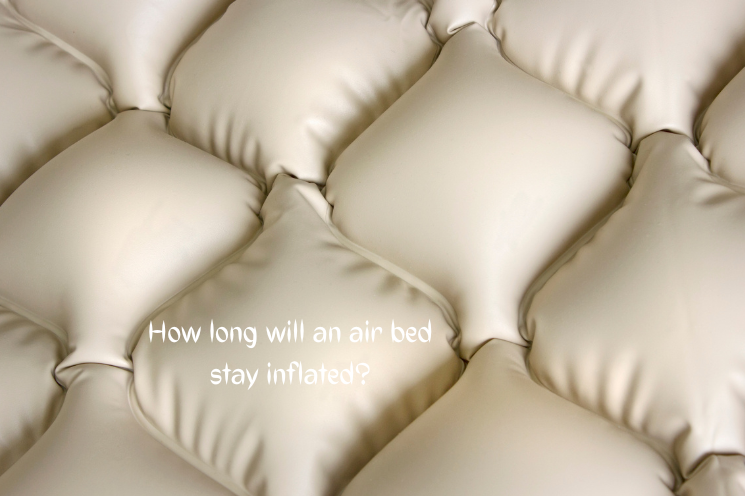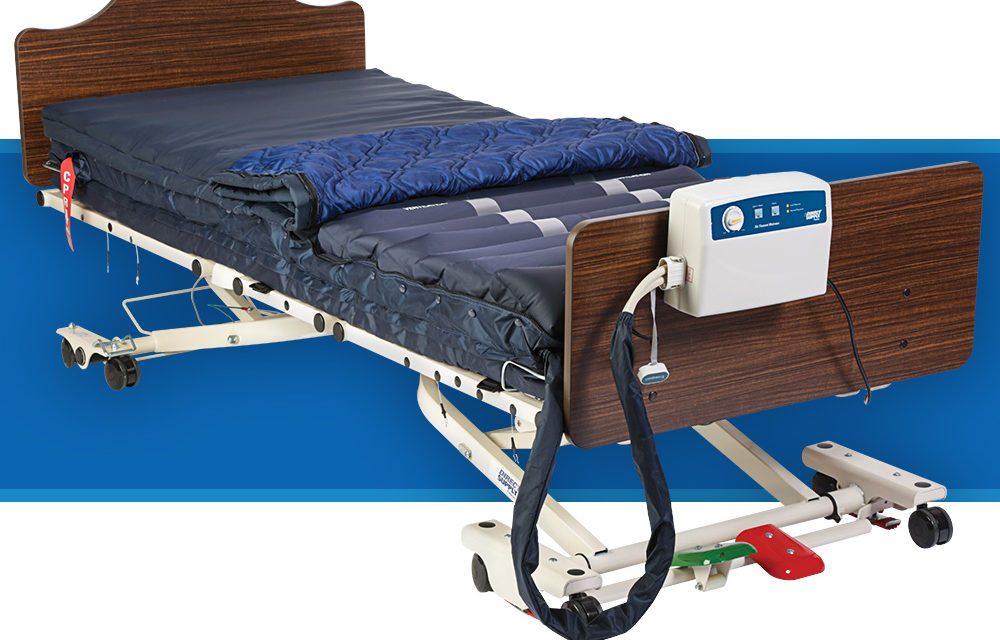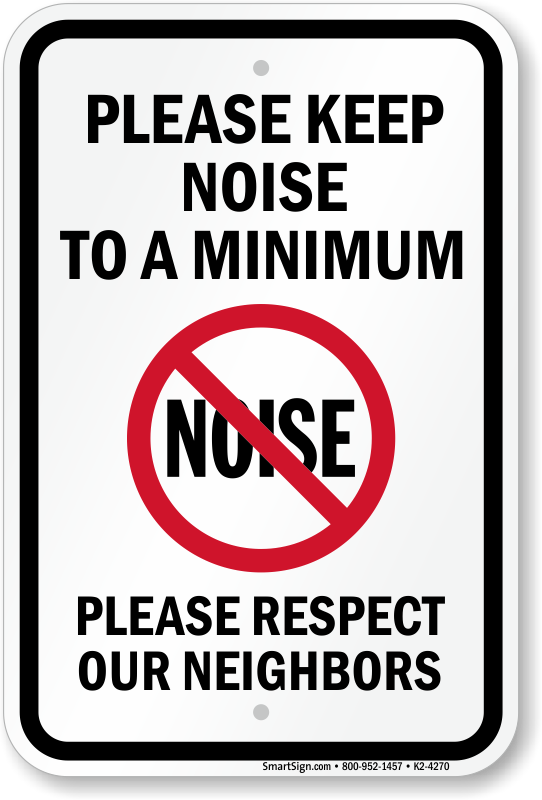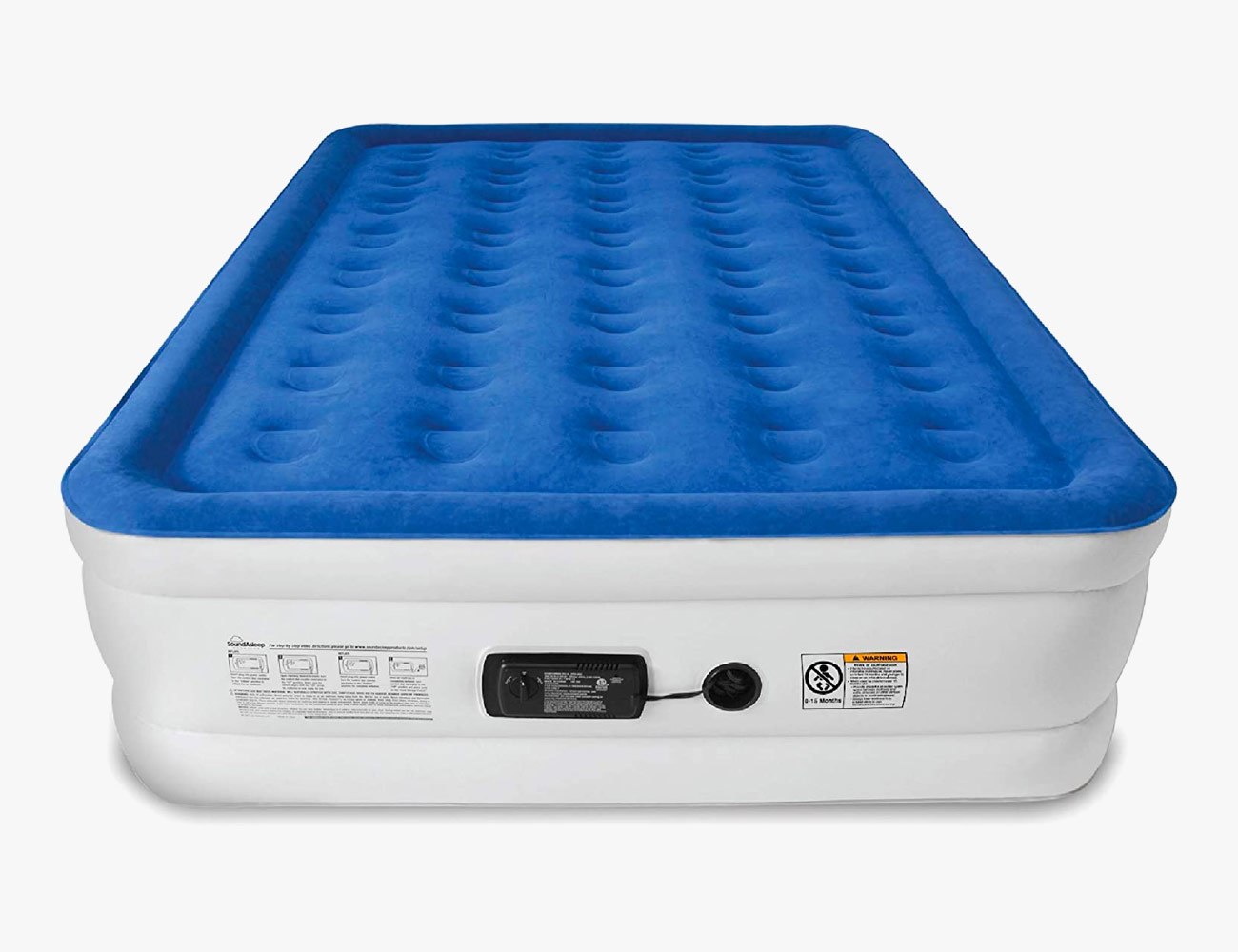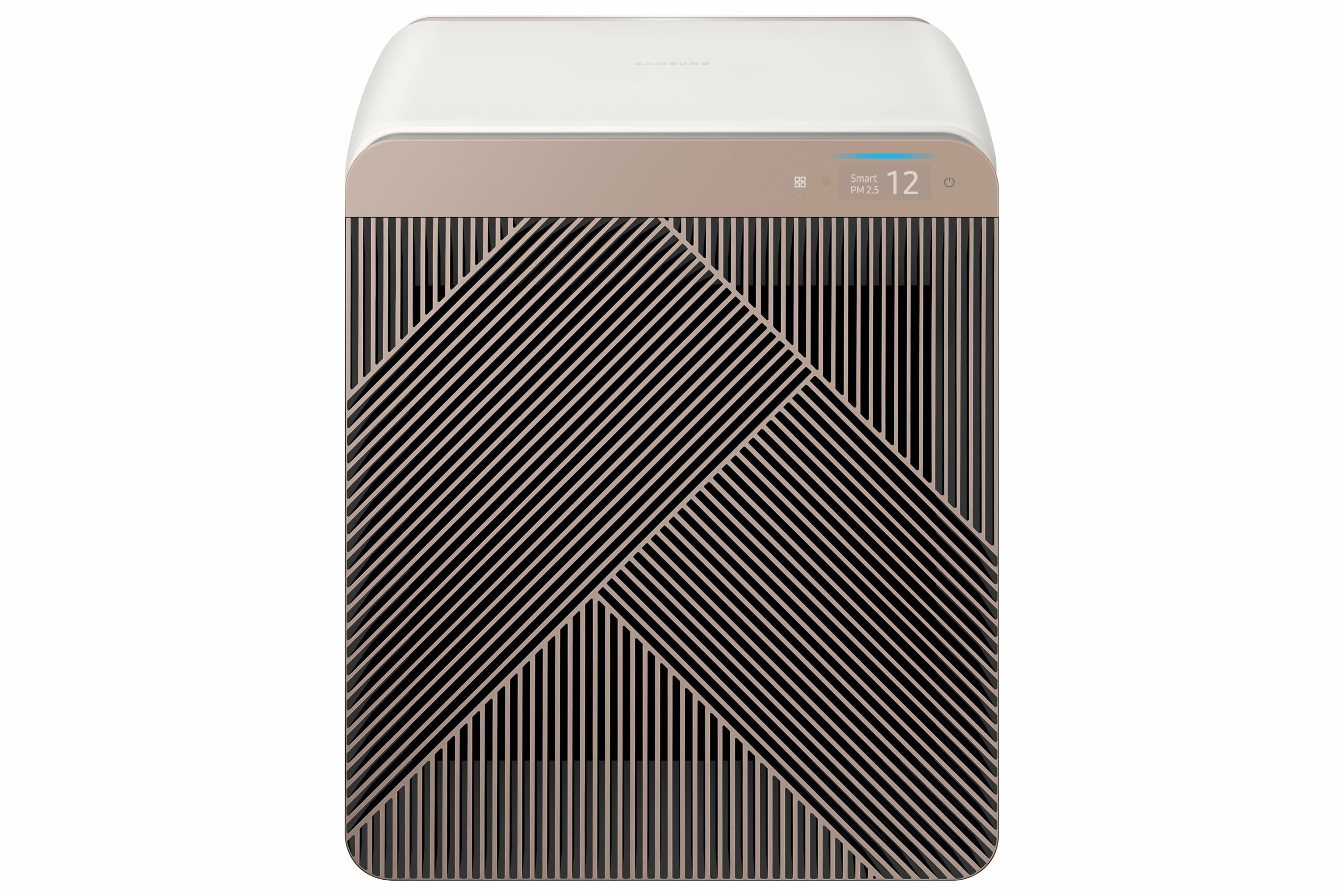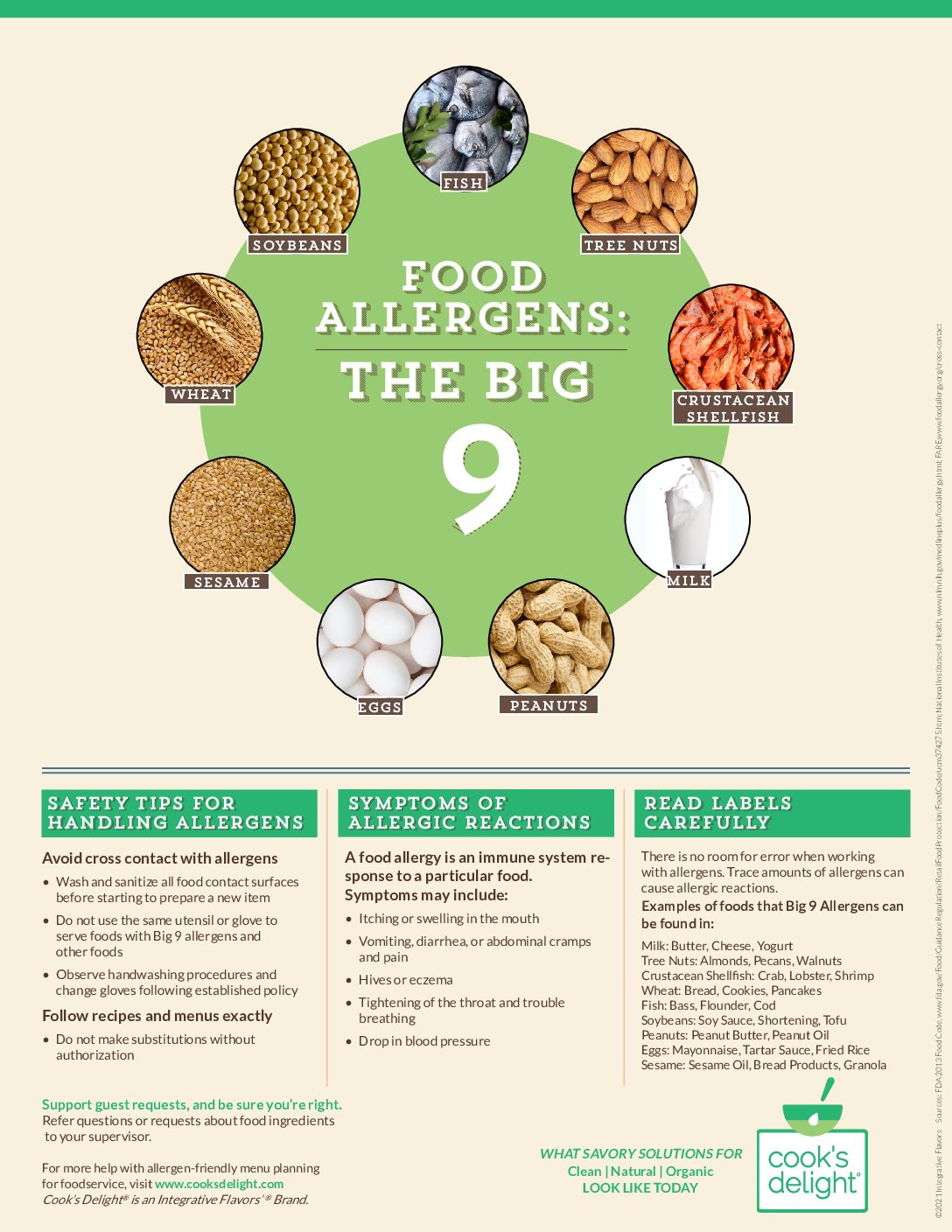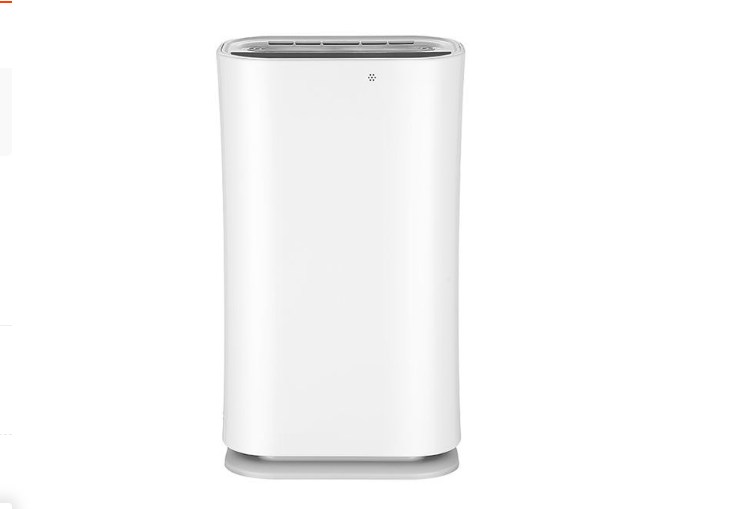When it comes to comfort, gel mattresses have an edge over air mattresses. The gel-infused foam conforms to your body, providing support and relieving pressure points. This makes it an ideal choice for those who suffer from body aches and pains. On the other hand, air mattresses allow you to adjust the firmness level to your liking, but they may not offer the same level of comfort as gel mattresses.
1. Comfort: Gel mattresses are known for their superior comfort and pressure relief, while air mattresses can be adjusted to your desired firmness level.
Investing in a mattress is a significant decision, and durability is an essential factor to consider. Gel mattresses are known for their longevity, as the gel-infused foam is designed to withstand wear and tear. On the other hand, air mattresses are susceptible to punctures and leaks, which can shorten their lifespan. This makes gel mattresses a better long-term investment.
2. Durability: Gel mattresses tend to last longer than air mattresses, which can be prone to punctures and leaks.
Getting a good night's sleep can be challenging if you constantly feel too hot or too cold. Gel mattresses are designed to dissipate body heat, keeping you cool and comfortable throughout the night. In contrast, air mattresses can retain heat and make you feel uncomfortable, especially in warmer climates. This makes gel mattresses a better choice for those who struggle with temperature regulation while sleeping.
3. Temperature Regulation: Gel mattresses are designed to dissipate body heat, while air mattresses can retain heat and cause discomfort.
Support is crucial for a good night's sleep, and gel mattresses excel in this area. The gel-infused foam evenly distributes body weight, providing support for your spine and reducing pressure on your joints. On the other hand, air mattresses can feel unstable and uneven, which can cause discomfort and disrupt your sleep. This makes gel mattresses a better option for those who prioritize proper support while sleeping.
4. Support: Gel mattresses offer better support for your body, while air mattresses can sometimes feel unstable and uneven.
It's no secret that gel mattresses are more expensive than air mattresses. This is because of the materials used and the technology behind them. However, it's essential to consider the long-term cost. Gel mattresses tend to last longer than air mattresses, which means you won't have to replace them as frequently. This can make them a more cost-effective choice in the long run.
5. Price: Gel mattresses tend to be more expensive than air mattresses, but they also tend to last longer.
For those who frequently move or have limited space, the portability of a mattress is an important factor to consider. Air mattresses are lightweight and can be easily deflated and packed away, making them a convenient choice for those who need to move frequently. On the other hand, gel mattresses can be heavy and difficult to move, which can be a challenge for those with mobility issues or limited space.
6. Portability: Air mattresses are lightweight and easy to transport, while gel mattresses can be heavy and difficult to move.
Another factor to consider is the maintenance required for each mattress type. Gel mattresses require minimal maintenance, as they do not need to be inflated or deflated. On the other hand, air mattresses may need to be inflated and deflated regularly, which can be time-consuming and frustrating. This makes gel mattresses a more low-maintenance option.
7. Maintenance: Gel mattresses require minimal maintenance, while air mattresses may need to be inflated and deflated regularly.
Noise can be a significant factor for light sleepers or those who share a bed. Gel mattresses are virtually silent, as there are no moving parts or air pumps involved. This can provide a more peaceful sleeping experience for those who are easily disturbed. In contrast, air mattresses can make noise when being inflated or deflated, which can be disruptive and annoying for some individuals.
8. Noise: Gel mattresses are virtually silent, while air mattresses can make noise when being inflated or deflated.
For individuals with allergies or sensitive skin, the materials used in a mattress can make a significant difference. Gel mattresses are hypoallergenic, meaning they are less likely to trigger allergies or irritate the skin. On the other hand, air mattresses can trap allergens and irritants, which can cause discomfort and disrupt sleep for those with allergies.
9. Allergies: Gel mattresses are hypoallergenic, while air mattresses can trap allergens and irritants.
At the end of the day, the decision between a gel mattress and an air mattress is a personal one. While gel mattresses may offer superior comfort and support, air mattresses have their own benefits, such as adjustability and portability. It's essential to consider your specific needs and preferences when deciding which type of mattress is the right fit for you.
10. Personal Preference: Ultimately, the choice between a gel mattress and an air mattress comes down to personal preference and individual needs.
Gel Mattress vs Air Mattress: Which One is Right for Your Home?

The Importance of Choosing the Right Mattress for Your Home
 When it comes to designing and furnishing our homes, we often focus on the aesthetic appeal and functionality of our furniture. However, one important aspect that is often overlooked is the type of mattress we choose for our beds. Our mattress plays a crucial role in ensuring a good night's sleep and overall comfort in our homes. With so many options available in the market, it can be overwhelming to choose the right type of mattress. In this article, we will compare two popular types of mattresses - gel and air - to help you make an informed decision on which one is best for your home.
When it comes to designing and furnishing our homes, we often focus on the aesthetic appeal and functionality of our furniture. However, one important aspect that is often overlooked is the type of mattress we choose for our beds. Our mattress plays a crucial role in ensuring a good night's sleep and overall comfort in our homes. With so many options available in the market, it can be overwhelming to choose the right type of mattress. In this article, we will compare two popular types of mattresses - gel and air - to help you make an informed decision on which one is best for your home.
The Benefits of a Gel Mattress
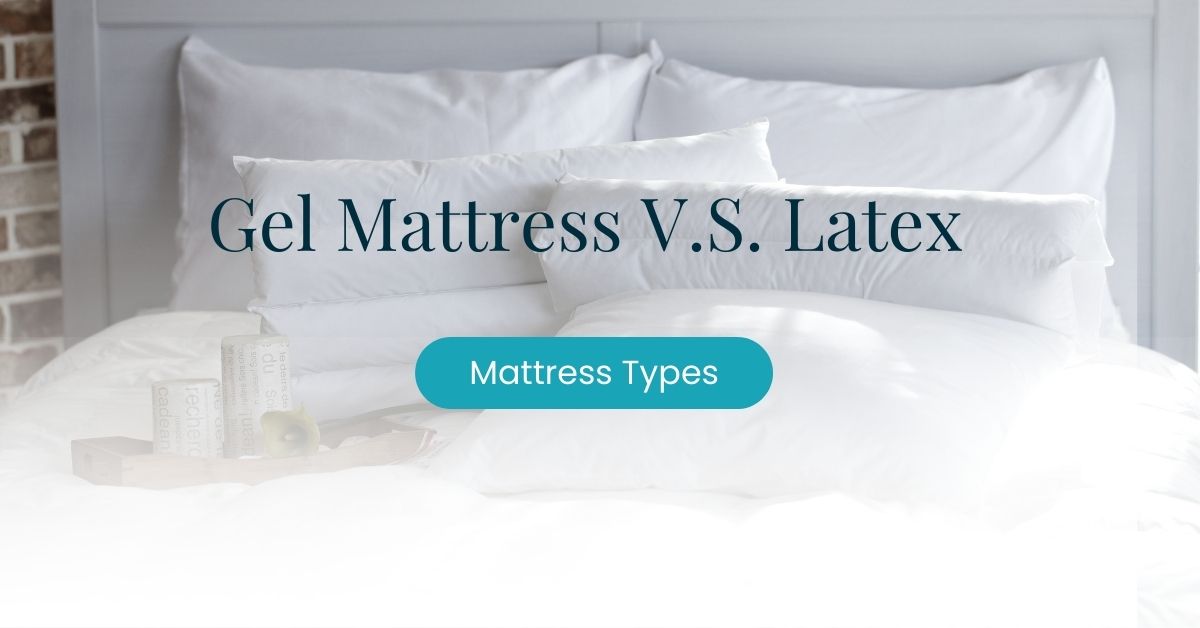 Gel mattresses
have become increasingly popular in recent years due to their unique construction that combines the support of a traditional innerspring mattress with the pressure-relieving properties of memory foam. These mattresses are made with a layer of gel-infused foam, which provides a cool and comfortable sleeping surface, making them a great choice for those who tend to sleep hot. The gel also helps distribute body weight evenly, relieving pressure points and reducing the risk of waking up with aches and pains. Additionally, gel mattresses are highly durable and have a longer lifespan compared to traditional innerspring mattresses.
Gel mattresses
have become increasingly popular in recent years due to their unique construction that combines the support of a traditional innerspring mattress with the pressure-relieving properties of memory foam. These mattresses are made with a layer of gel-infused foam, which provides a cool and comfortable sleeping surface, making them a great choice for those who tend to sleep hot. The gel also helps distribute body weight evenly, relieving pressure points and reducing the risk of waking up with aches and pains. Additionally, gel mattresses are highly durable and have a longer lifespan compared to traditional innerspring mattresses.
The Advantages of an Air Mattress
 On the other hand,
air mattresses
offer a customizable sleeping experience. They are made with adjustable air chambers that allow you to adjust the firmness level of the mattress according to your preference. This makes them a great choice for couples who have different sleeping preferences. Air mattresses are also highly durable and can be easily transported, making them a convenient choice for those who frequently move homes or have guests staying over. They also provide excellent support for those with back pain, as the firmness level can be adjusted to alleviate pressure on the spine.
On the other hand,
air mattresses
offer a customizable sleeping experience. They are made with adjustable air chambers that allow you to adjust the firmness level of the mattress according to your preference. This makes them a great choice for couples who have different sleeping preferences. Air mattresses are also highly durable and can be easily transported, making them a convenient choice for those who frequently move homes or have guests staying over. They also provide excellent support for those with back pain, as the firmness level can be adjusted to alleviate pressure on the spine.
Which One is Right for Your Home?
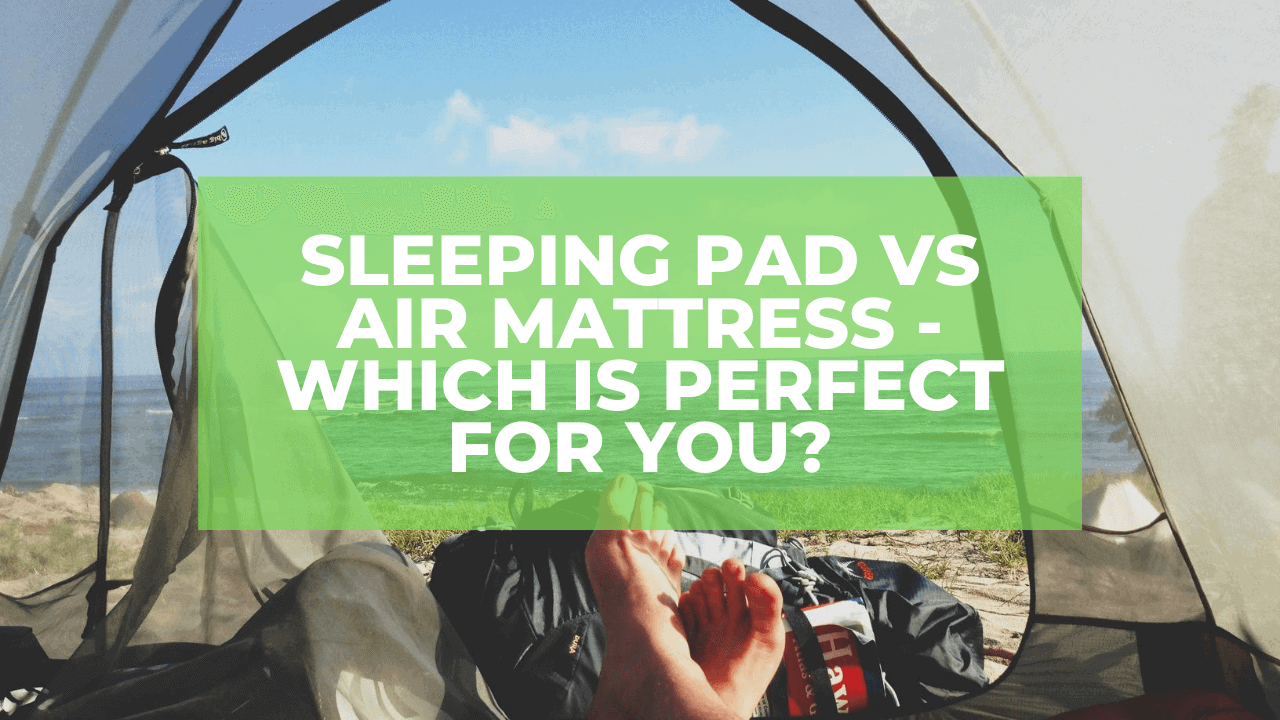 When it comes to choosing between a gel mattress and an air mattress, it ultimately boils down to personal preference and specific needs. If you tend to sleep hot and are looking for a long-lasting, supportive mattress, then a gel mattress may be the right choice for you. However, if you prefer a customizable sleeping experience and have a fluctuating firmness preference, then an air mattress may be the better option. Whichever you choose, make sure to do thorough research and try out different options before making a decision.
In conclusion, investing in a high-quality mattress is crucial for a comfortable and restful sleep. Both gel and air mattresses offer unique benefits and can be a great addition to your home. Consider your specific needs and preferences before making a decision, and don't be afraid to consult with a professional for further guidance. With the right mattress, you can create a cozy and comfortable sleeping environment in your home.
When it comes to choosing between a gel mattress and an air mattress, it ultimately boils down to personal preference and specific needs. If you tend to sleep hot and are looking for a long-lasting, supportive mattress, then a gel mattress may be the right choice for you. However, if you prefer a customizable sleeping experience and have a fluctuating firmness preference, then an air mattress may be the better option. Whichever you choose, make sure to do thorough research and try out different options before making a decision.
In conclusion, investing in a high-quality mattress is crucial for a comfortable and restful sleep. Both gel and air mattresses offer unique benefits and can be a great addition to your home. Consider your specific needs and preferences before making a decision, and don't be afraid to consult with a professional for further guidance. With the right mattress, you can create a cozy and comfortable sleeping environment in your home.





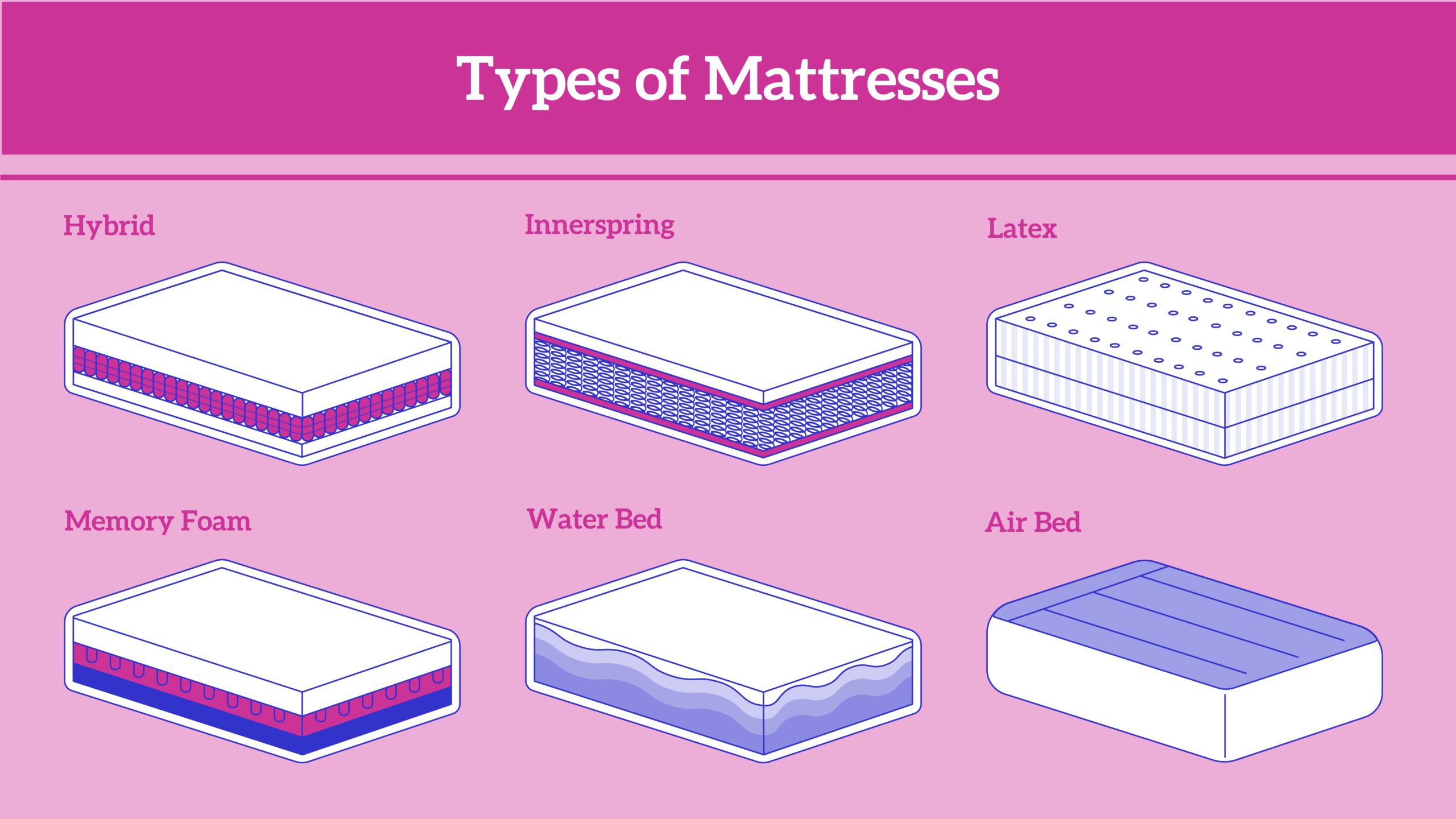

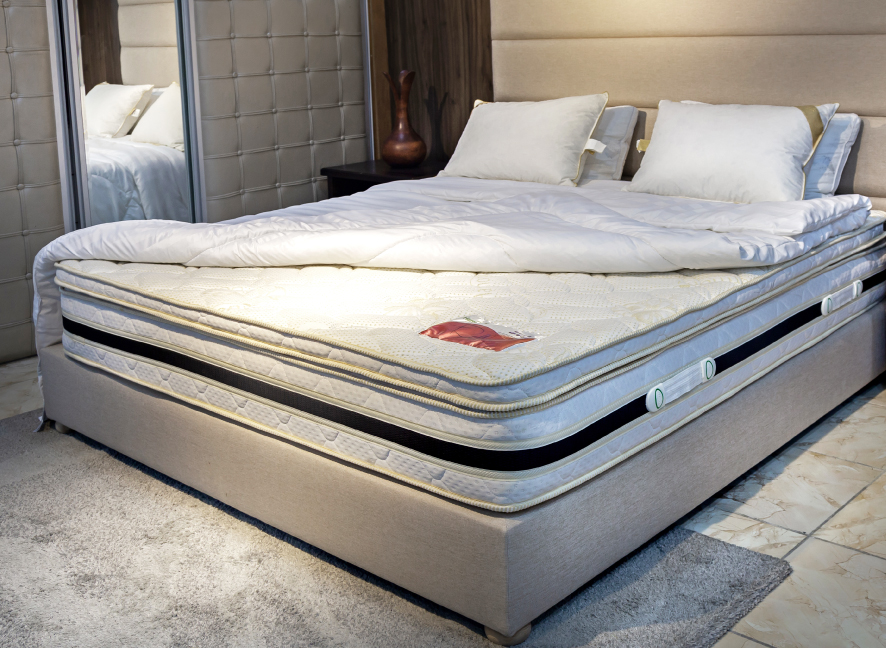
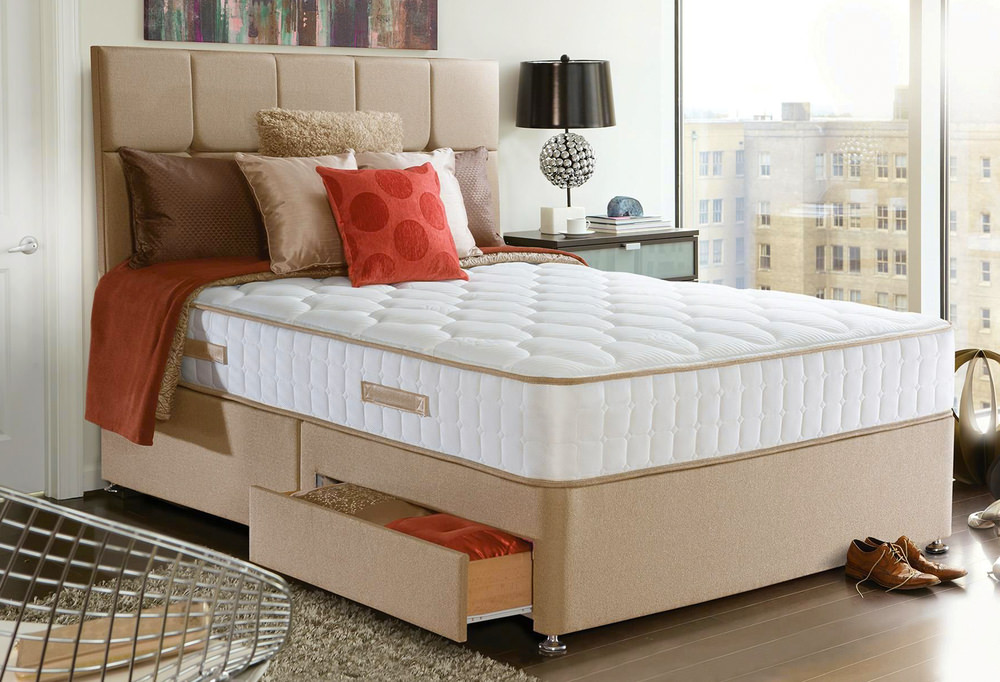
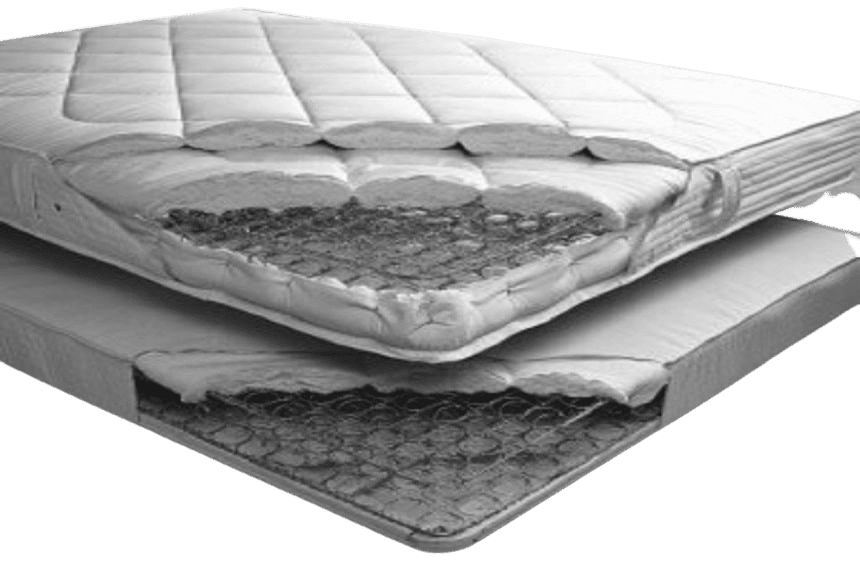
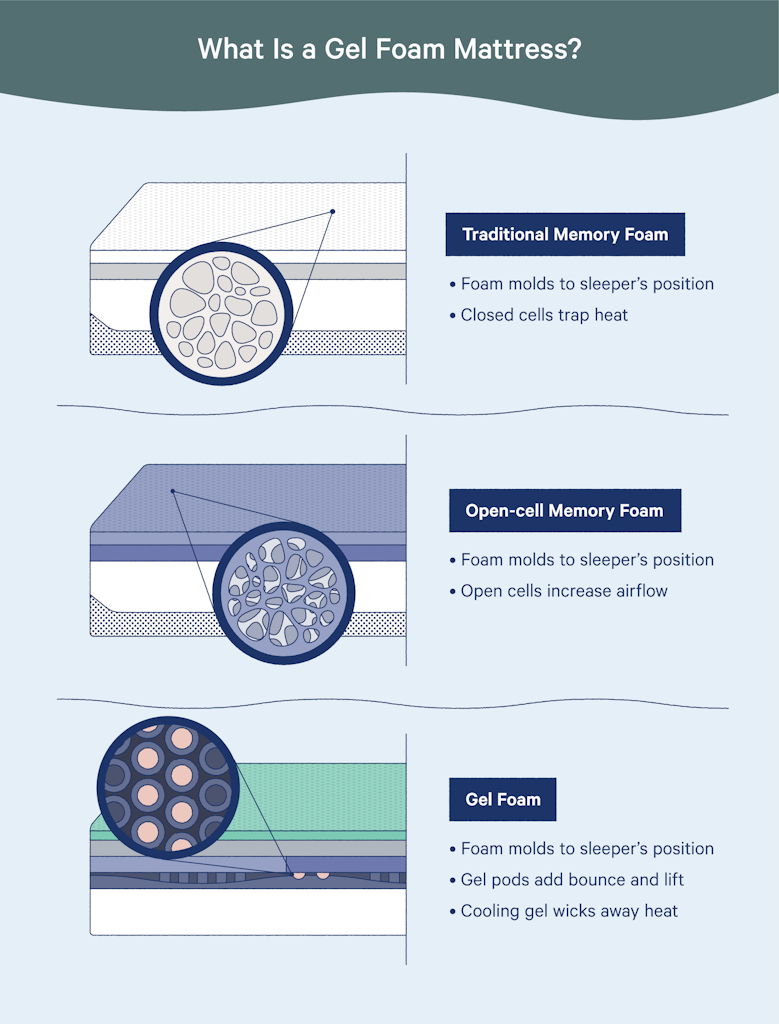

















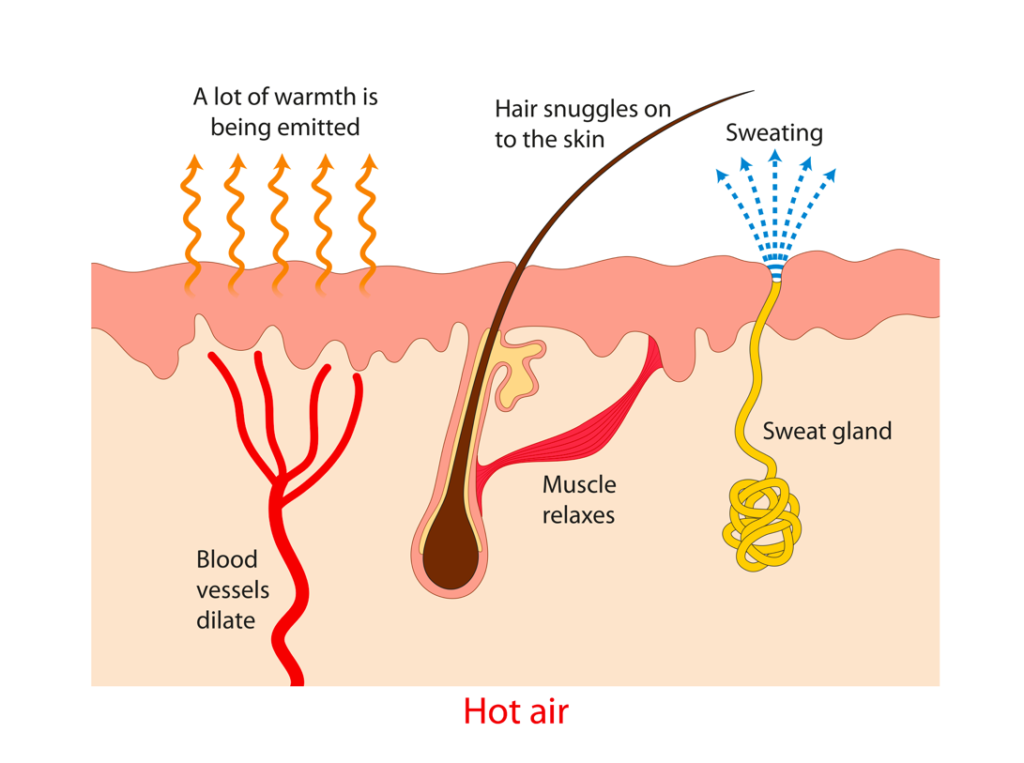




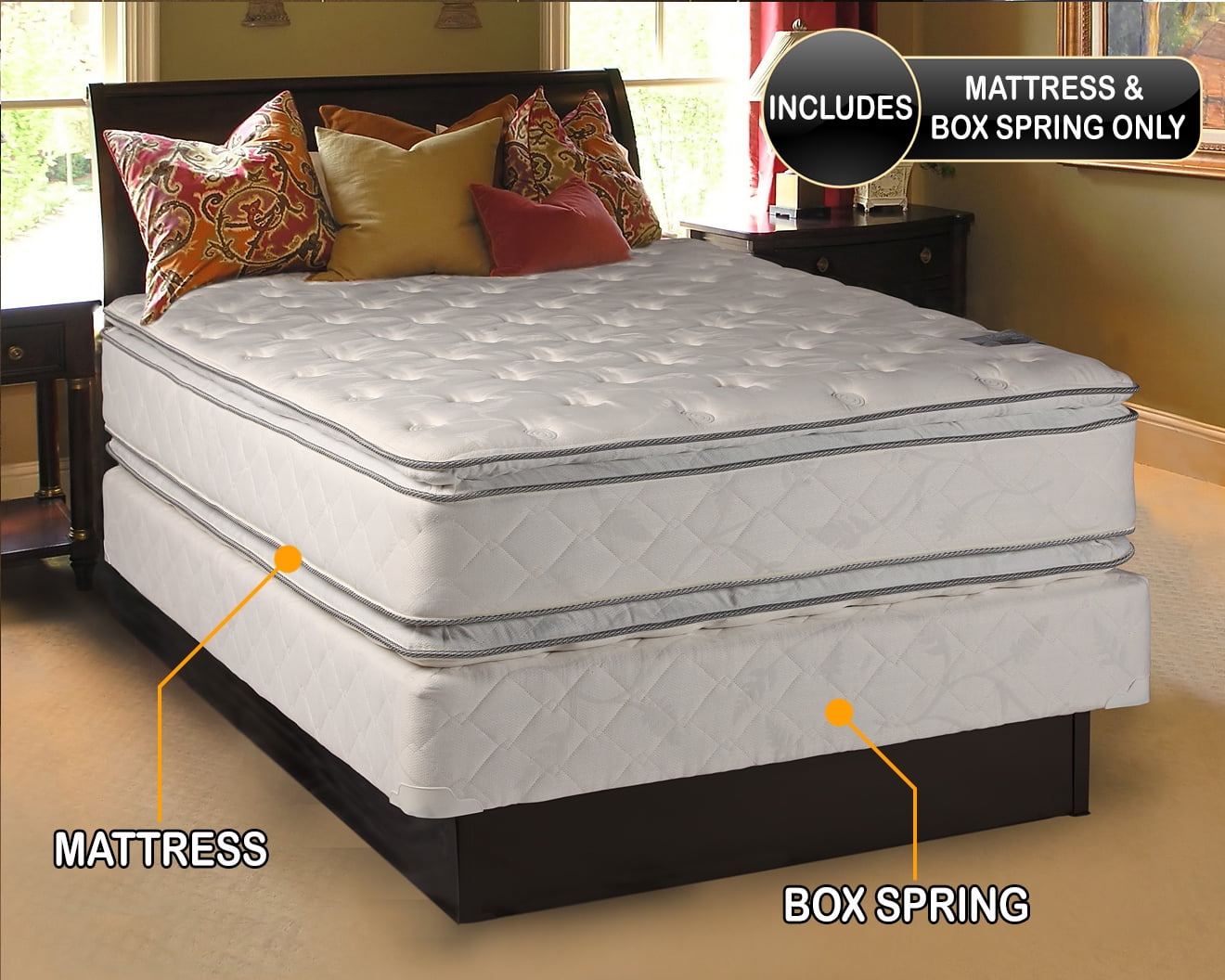
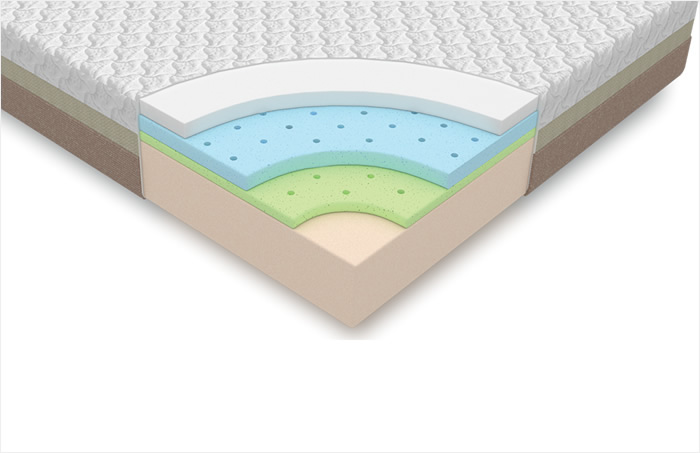
:max_bytes(150000):strip_icc()/best-air-mattresses-of-2022-tout-88d25ab3b4af45f8a49255f9814d8cec.jpg)

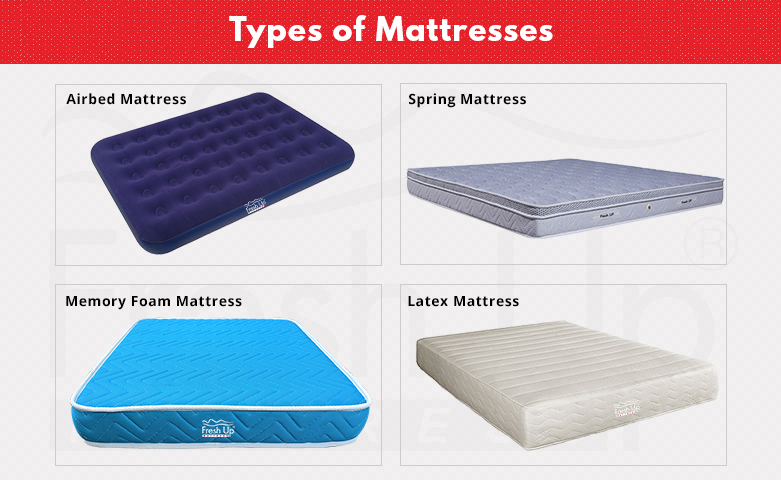


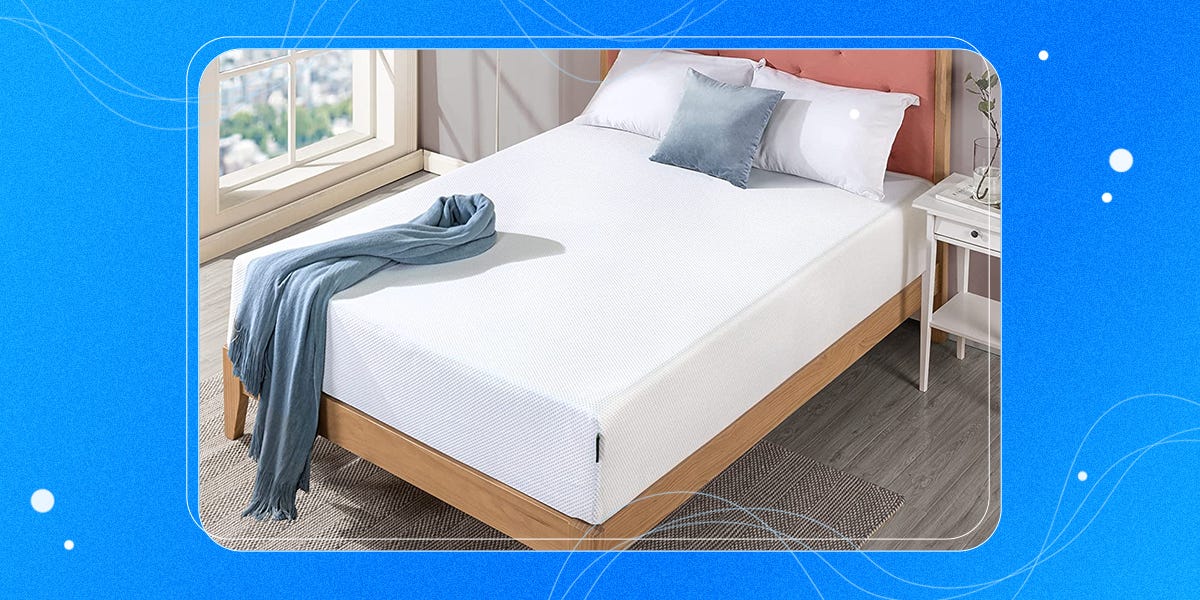

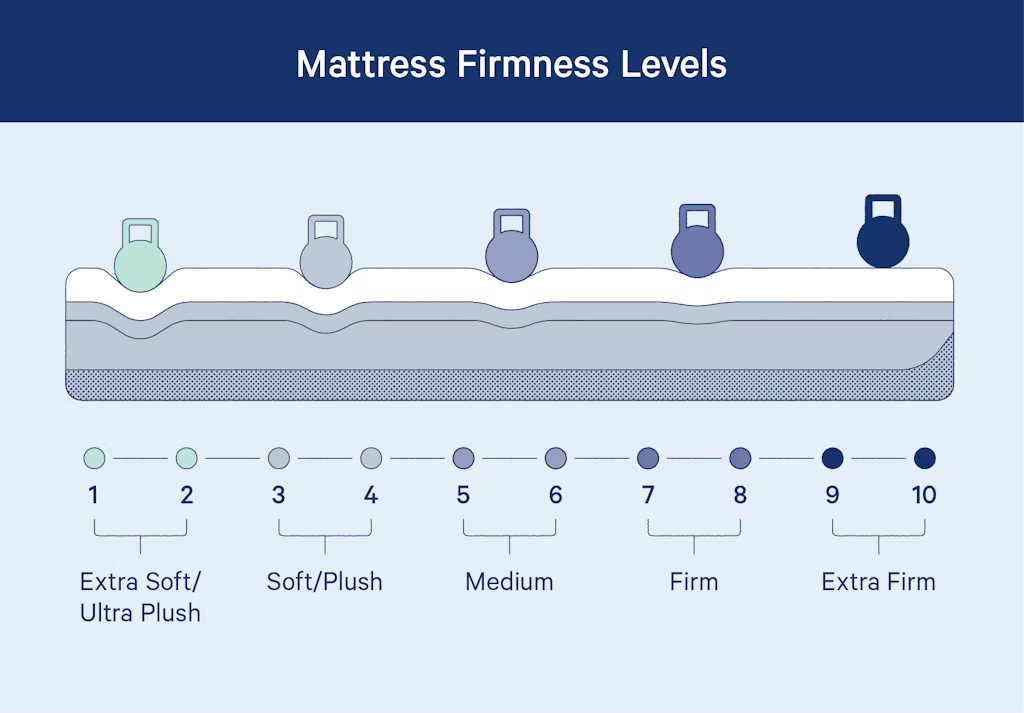

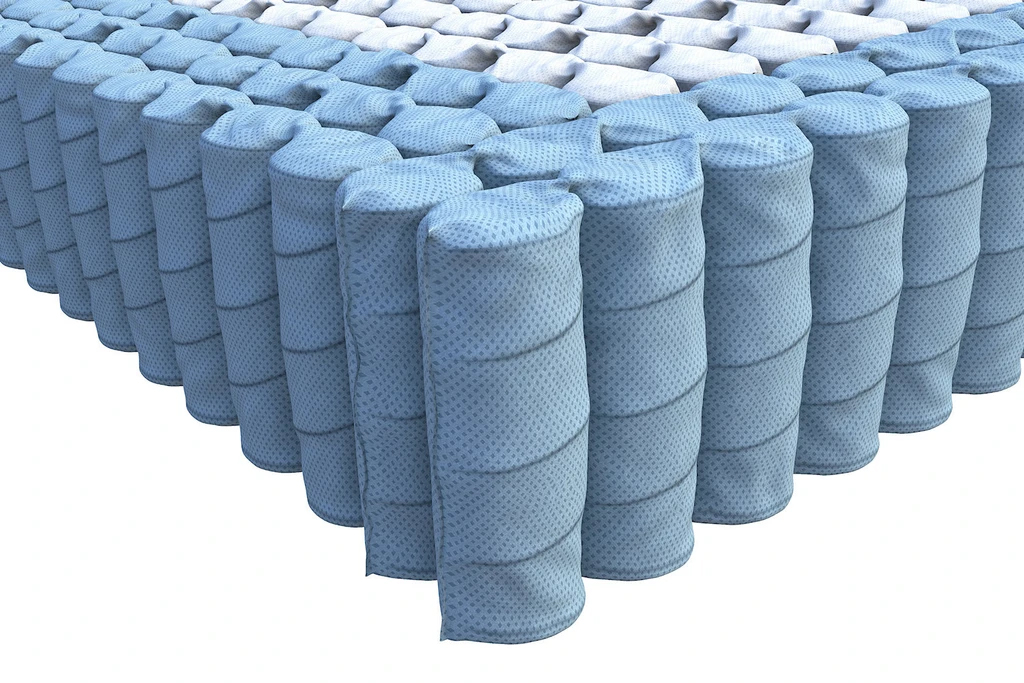






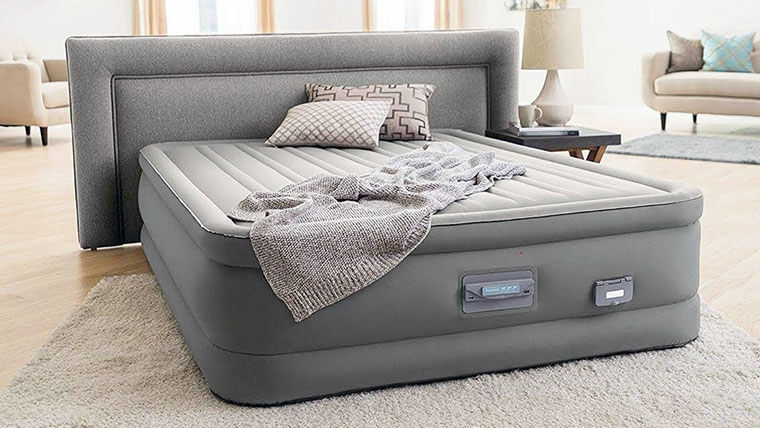
:max_bytes(150000):strip_icc()/IvationEZ-BedQueenAirMattress-2b0acd668f2d4acf97f123f46d343f63.jpg)





